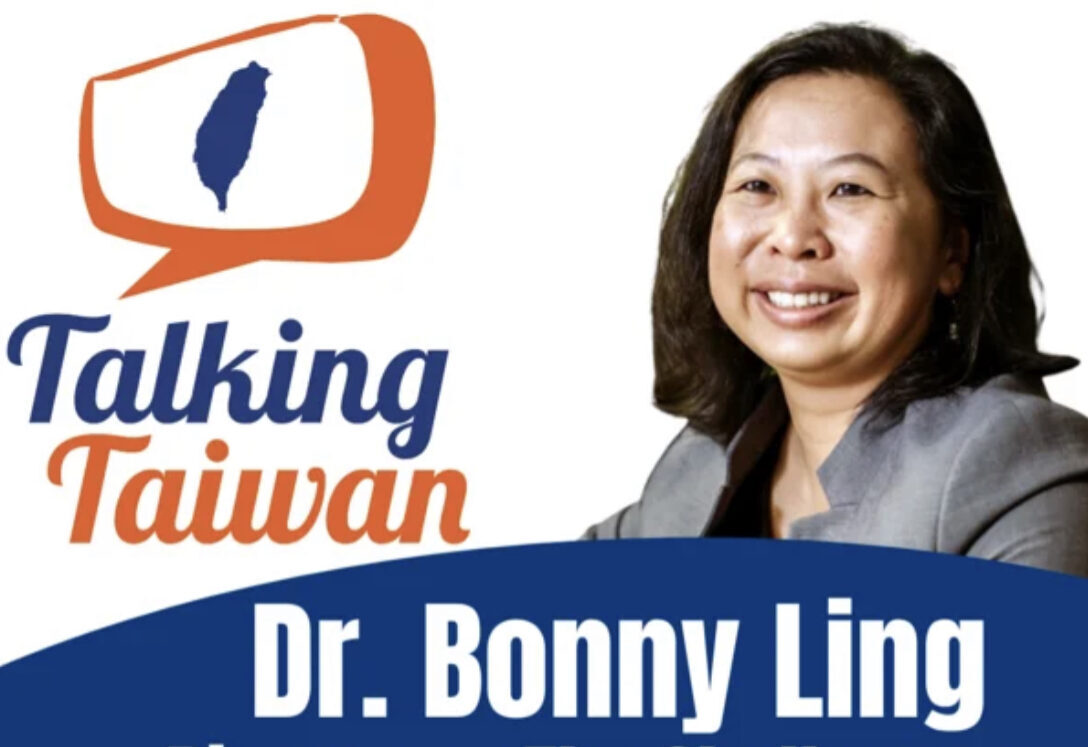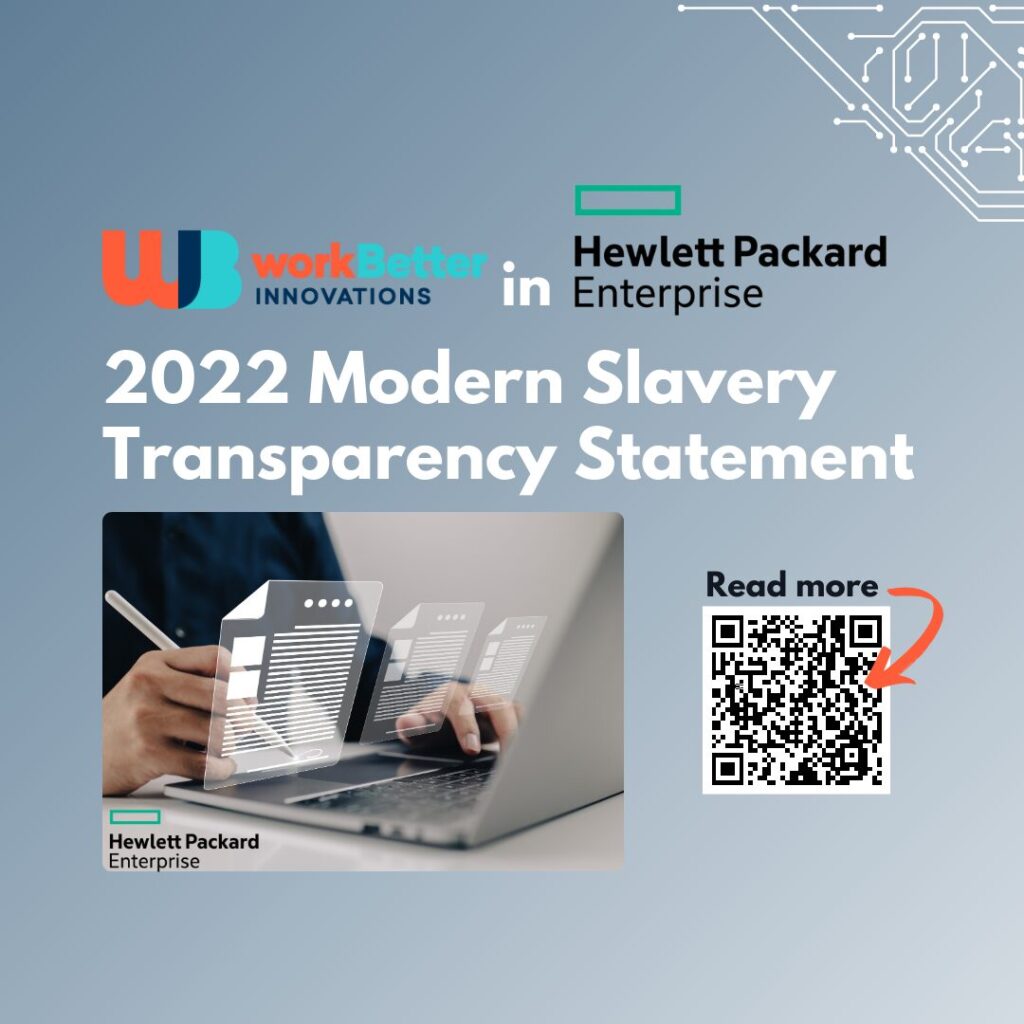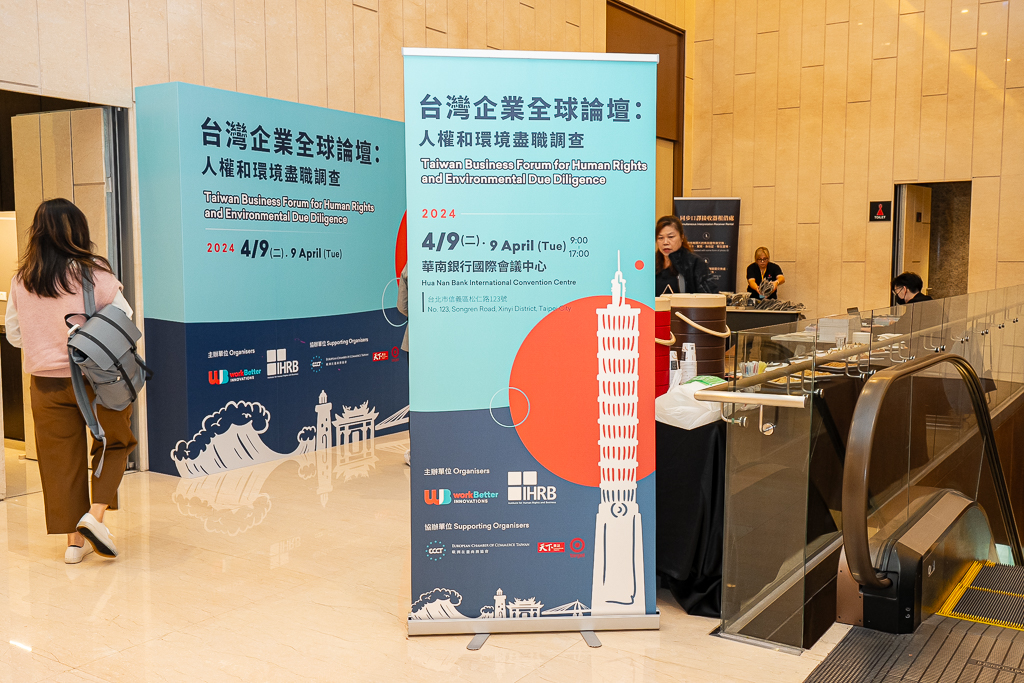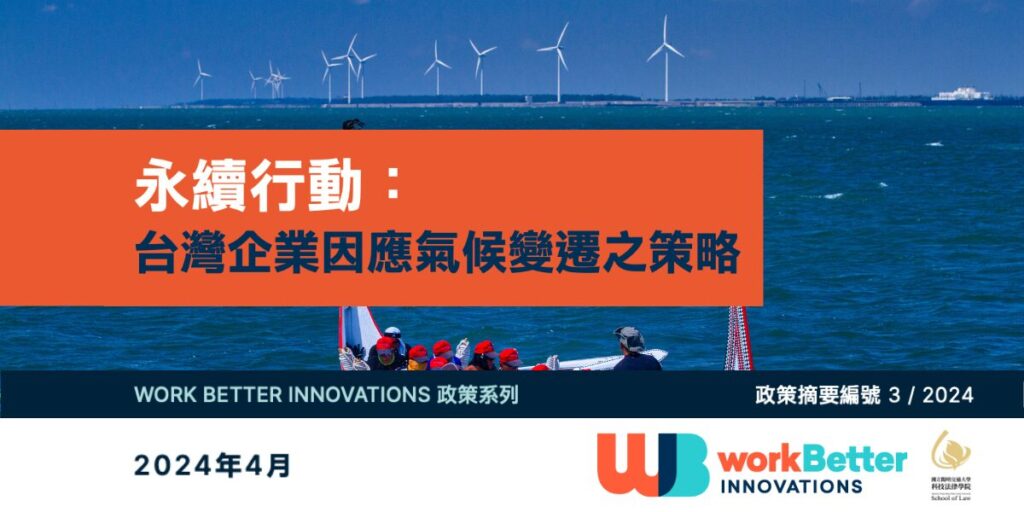29 November 2022. Dr. Bonny Ling Discusses the Challenges Taiwan Faces Dealing with Migrant Workers
In anticipation of Work Better Innovations’ major launch of the Forced Labour Education Project for SMEs in Taiwan in mid-December, director Dr Bonny Ling spoke on Felicia Lin’s Talking Taiwan podcast about labour migration, issues currently faced by migrant workers in Taiwan & beyond, and on hate and hope.
“I am speaking for the future I want for my children”
The conversation was sparked with Dr Ling’s reflecting on her own journey as a migrant to the United States when she was only a child. She went on to say that the motivation for doing the work that she does is deeply embedded in a desire to bring the same level of respect and protection from abuses to every worker, no matter where they come from or what work they do.
Taiwan attracted negative international media spotlight due to the double standards imposed on migrant factory workers in June 2021 during the pandemic. Since Taiwan is the world’s largest producer of advanced micro-chips, there was high pressure on its semiconductor industry to carry on production.
In one county, local authorities imposed a discriminatory movement restriction for migrant factory workers, but not for Taiwanese nationals working in the same factory setting. The migrant workers were shuttled between their accommodation to work and back and were not allowed to go out to do their own shopping.
“People do not have to be in chains to count as victims of forced labour”
In the podcast, Dr Ling explained some of the indicators of forced labour: the existence of a menace that compels the person to do the work, the restriction of movement without any legal basis, and the element of involuntariness in the work undertaken by the individual.
On the positive side, although highly complex and severe, the issue of forced labour in all its various facets is not impossible to address. With an economy, where SMEs make up close to 99% of business enterprises in Taiwan, it is important for SMEs to quickly learn how to identify, prevent, mitigate and account for risks of forced labour in their own operations.
This is what the Work Better Innovations education programme on forced labour strives to help businesses achieve.
“The starting point for this project is forced labour education. We go through all the 11 forced labour indicators with a lot of nuance…The challenge is to do it in a way that is not overwhelming or scary.
A lot of the times, international legal documents are written in a way that is not easily accessible, so the trick is to calibrate [the information] in a way in which it could be properly understood.
And with that good grounding and awareness, we can start to put all of our heads together, understand where the risks are and think about how to address these risks.
The ultimate goal is to change the law [that permits some of these bad practices to still happen] and bring the whole labour recruitment system in Taiwan to a place, where migrant workers are properly valued for their contribution to the economy and to society.”
Taiwan can become the first in the world to formally introduce a “Zero Fees” into law, meaning that low-waged migrant workers do not bear the cost of their recruitment for employment abroad. This would be in accordance to the system of Responsible Recruitment that is aligned with international standards and growing expectation for responsible business practices. Not only would this be a huge step closer to bring into reality the vision of decent work, it would also consolidate Taiwan’s image as a progressive global partner for human rights.
A lot to take away from Dr Bonny Ling’s conversation with Felicia Lin. You can listen to the full podcast here. For more news on the forced labour education and training program for Taiwan, make sure to visit our website next week.






